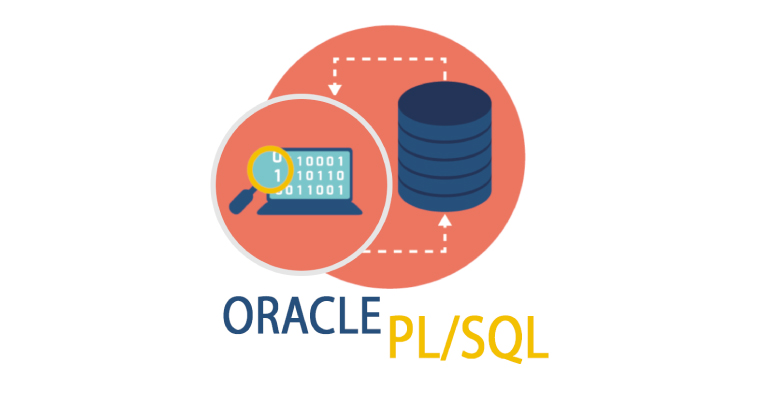This course begins with an introduction to PL/SQL explaining its block structure. It expounds about the architecture of the PL/SQL Engine and how data is manipulated using this powerful Language. This course elucidates the concepts of Cursors and Records. The participant will get a lucid view of the control structure which provides conditional tests, loops and branches that lets us produce a well-structured program. It presents a sound understanding of Exception Handling to trap runtime errors.
This course bestows profound knowledge of administering the object dependencies. Building stored procedures and functions to solve a specific problem or perform a set of related tasks. It aids in turning the sets of statements into reusable subprograms for other applications. It illustrates implicit firing of triggers, its types and how they are used. It also explains the outline of collections and Records.

Prerequisites
Basic SQL Knowledge
- Obtain an overview of PL/SQL
- Finding the Block Structure of PL/SQL
- Summarizes PL/SQL Architecture
- Concepts of Cursors and Records
- Review the control structure
- Achieve Exception Handling
- Administering the Object Dependencies
- Understanding the Main features of PL/SQL
- Discovering the concepts of subprograms, Triggers and Packages
- Recognizing collections and records
Introduction to PL/SQL
- Benefits of PL/SQL
- Understanding the Main Features of PL/SQL
- Processing queries with PL/SQL
- Writing Reusable PL/SQL Code
Data Types, Variables, Functions, Operators
- Create Data Types
- Declaring Variables
- Bind Variables
- Managing Functions and Operators
PL/SQL Block
- Block Structure
- Block Types
- Syntax and Guidelines
- Nested Blocks
PL/SQL Architecture
- In the Oracle Database Server
- In Oracle Tools
Data Manipulation using PL/SQL
- Inserting Data
- Updating Data
- Deleting Data
PL/SQL Records and Cursors
- Implicit Cursors
- Explicit Cursors
- Cursor Attributes
- PL/SQL Records
- PL/SQL Tables
- PL/SQL Table of Records
Control Structures
- Conditional Control
- Iterative Control
- Sequential Control
- Testing Conditions
- Nested Loops
Exception Handling
- Define Exceptions
- Recognize unhandled exceptions
- Types of Exception Handlers
- Customize Exception Messages
Managing Object Dependencies
- Dependencies among Schema Objects
- Manually Recompiling Views and Packages
- Manually Recompiling Procedures and Functions
PL/SQL Stored Procedures and Stored Functions
- Understanding Stored Procedures
- Benefits and types of Stored Procedures
- Knowing about Functions
Subprograms and Triggers
- Advantages of Subprograms
- Declaring Nested Subprograms
- Database Triggers
- Autonomous Triggers
Packages and Anonymous Blocks
- Advantages of PL/SQL Packages
- Understanding the Package Body
- Overview of Product-Specific Packages
PL/SQL Collections and Records
- Associative arrays
- Nested Tables
- Variable arrays
- Choosing which PL/SQL Collection Types to use
- Managing Collection Types









